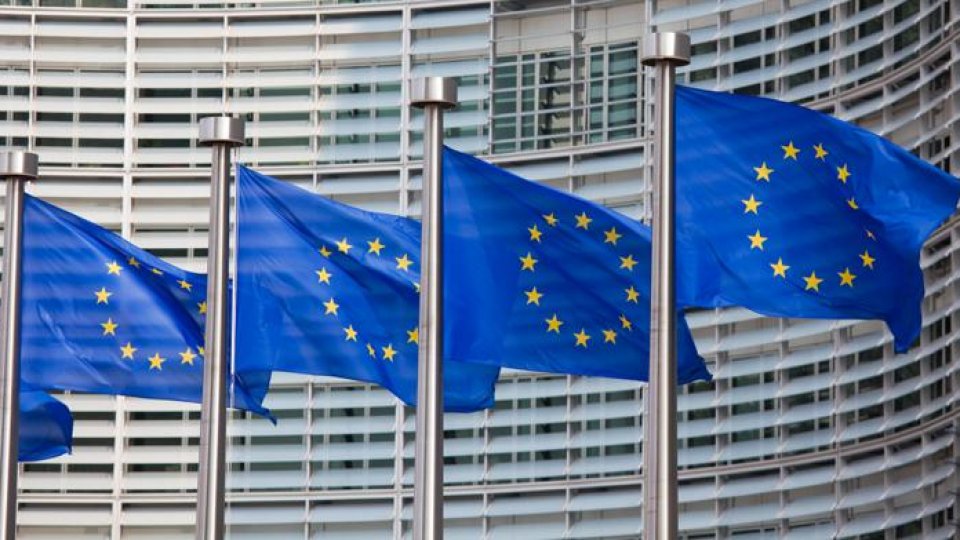"Romanian Economic Model in the European Union, Romania - Horizon 2040"
Searching solutions for a sustainable development strategy through smarter exploitation of resources was the theme of a debate in Bucharest.

Articol de Iulian Olescu, 06 Februarie 2019, 13:05
Any strategy for sustainable development of Romania must start from the assessment of soil and subsoil resources, since it is one of the few countries, besides the very large ones, which has such a large diversity of available resources, former President of Romania, Emil Constantinescu said. Present at the fourth debate of series "Romanian economic model in the European Union, Romania - Horizon 2040", which was dedicated to "Analysis of Romania's natural, mineral, environmental and financial resources", former Head of State declared that construction of a correct strategy must start from groundwater and soil resources and then draw guidelines for human resource development.
Former President of Romania, Emil Constantinescu: "Globalization does not eliminate national agendas, and each state has a duty to set up an economic development strategy, whether or not it has a base of mineral raw materials and depending on quantity, quality and type of natural resources of the subsoil. Only such a long-term vision allows us to build a sustainable development strategy for at least ten years, and on the basis of this sustainable development strategy, we can build a coherent set of public policies during an electoral cycle". Emil Constantinescu also says that it is essential for Romania, for example, to rebuild and refurbish the petrochemical industry.
Former Romanian Agriculture Minister, Valeriu Tabără, emphasizes the importance of soil and agriculture for a sustainable development: "Romania, through its potential, can feed between 80 and 100 million inhabitants. Romania cannot enter into a food crisis, unless it forgets to plants seeds. Romania has what it needs to feed its inhabitants, but Romania has to be more than that. If Romania does not ensure its agricultural and food sector, it will remain a poor country. Agriculture is not just daily food, it ensures social balance. No one can operate without securing these resources and it is serious that Romania has a negative balance on agricultural-food products". Valeriu Tabără also signaled that a large part of agricultural soils in Romania registered a significant deficit of humus, phosphorus and potassium but also nitrogen, which is essential for obtaining high quality productions. He says there is even the danger of desertification in certain areas.
Former Deputy Chairman of Romanian Financial Supervisory Authority, Mircea Ursache, referring to resources and suggesting that development of capital market could be an alternative to banking financing: Romania fulfills eight of the nine conditions to become an emerging market in this sector, and the ninth is in progress, referring to liquidity level of Bucharest Stock Exchange. In his opinion, if the state had continued to the process of company listing, that criterion would have been met too. "An important absentee over the last years: the Romanian state. Why do we not continue the process of financing the economy by listing companies? Those who listed, who issued bonds and went to the capital market, because they wanted to capitalize, they wanted transparency, that is quarterly, half-yearly and annual reports, they wanted corporate governance. The answer goes without saying, why did we stop there?" Mircea Ursache believes that the law establishing Sovereign Investment Fund should be amended in order to introduce obligation for all companies in its portfolio to be listed on the stock exchange. He added that once the emerging market status was achieved, important funds could be attracted to the country from the international investment environment, where there is already a significant interest for Romania.
Discussions are to end this summer through a national forum and elaboration of a strategic document to be made available to main authorities of the Romanian state and the European Commission.
Source:RRA.Translated by Miruna Matei














